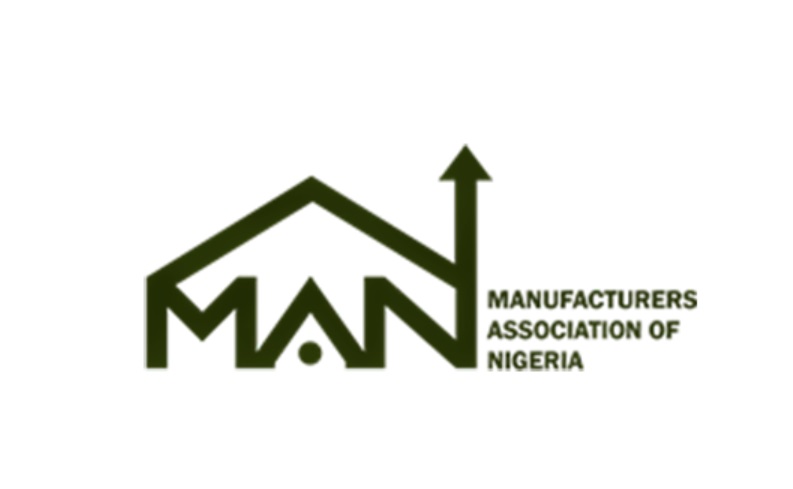The federal government has officially granted operational approvals to several crypto operators, indicating official acceptance of the digital currency.
On Thursday, the Securities and Exchange Commission (SEC), announced that it has granted two Digital Assets Exchanges approval-in-principle to commence operation under its Accelerated Regulatory Incubation Programme (ARIP) and also admitted four firms to test their models and technology under its regulatory incubation programme.
The firms include Busha Digital Limited, Quidax Technologies Limited, Trovotech Ltd, Wrapped CBDC Ltd, HousingExhange.NG Ltd, Dream City Capital, and Blockvault Custodian Ltd.











